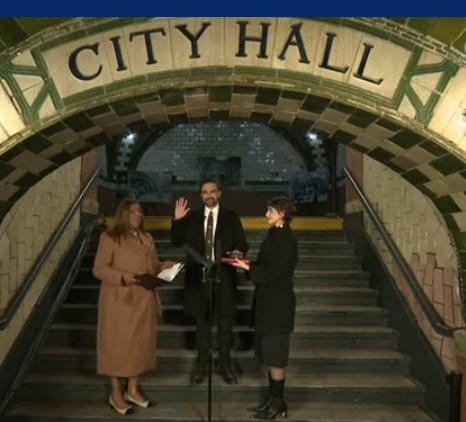British Charity Who Is Hussain Breaks World Record For Most Blood Donations In A Day
A global campaign that saw more than 100 people in Birmingham donate blood in a single day has broken the world record for the largest blood drive in history.
British social justice charity, Who is Hussain, co-ordinated the worldwide effort which took place across 27 countries on Saturday 27 August 2022.
Blood donation centres were set up across parts of the UK, including Birmingham, London, Leeds, Luton, Manchester, Edinburgh, Glasgow and Aberdeen – as the NHS says donors are urgently needed to replenish low stocks.
The total number of blood donations was 37,018, beating the previous record of 34,723 set in 2020, which was confirmed by the Official World Records on Saturday.
Birmingham charity leader, Afzal Shabbir, told ITV News Central: “The aims of this campaign at the start was to drive newer blood donations to come through – people who aren’t necessarily used to donating blood or haven’t before, to do it.
Mr Shabbir adds: “To be able to have 25% of our UK area being new donors has been something that will hopefully now mean those people will carry on donating.”
He said: “We had one volunteer with us who was very passionate about this event purely because when she was pregnant she had to have blood given to her to save the life of her baby and herself essentially.
“So that just puts into perspective how vital having blood supplies is, and especially blood supplies from a variety of different blood types, which is what different communities can offer.”
The campaign, which was supported by the NHS Blood and Transplant, aimed to raise awareness among ethnic minority communities where blood donation rates are low.
With up to three lives saved per donation, it is estimated over 110,000 lives could be saved by the British charity’s efforts.
The charity are encouraging those who were on the waiting list due to a limit on the day and were unable to donate to go ahead and donate blood anyway.
Why are more blood donors needed?
In October last year, the UK sought 100,000 new donors to meet rising demand. NHS Blood and Transplant says it needs almost 400 new donors a day to save the lives of those who suffer blood loss through accidents, childbirth or have a medical condition such as haemophilia.
There is also an increasing need for more ethnically matched blood, as more people from BAME backgrounds need regular blood transfusions to treat conditions like thalassaemia and sickle cell disease.
However, part of the problem in England is there are not enough people from Black, Asian and ethnic minority backgrounds donating blood, according to the NHS.
Statistics from NHS Blood and Transplant show that fewer than 6% of blood donated last year was from BAME communities and just 1.5% of current blood donors are black
The charity say they hope to challenge some of the fears and phobias around blood donation from these communities that may have prevented action in the past.
The charity says 25% of those who gave blood were first time donors.
What are organisers saying?
Muntazir Rai, Director of Who is Hussain, said: “Who is Hussain was founded just over a decade ago, inspired by the compassionate legacy of Hussain ibn Ali.
“It’s incredible to think that the selfless altruism of this man, who lived over a thousand years ago, has inspired over 37,000 people to participate in the biggest blood drive in history.
“The pandemic hit blood reserves across the world hard. With hospitals struggling to meet demands, Who is Hussain volunteers rallied together and launched our Global Blood Heroes campaign.
“Donating blood is a universal act of compassion that can unite people all around the world – we all bleed the same.
“We’re so excited that so many first-time donors came forward and many have committed to donating again, and will continue to, hopefully, for years to come.”
Who was Hussain?
Hussain was a 7th century social reformer born in the city of Madinah, Saudi Arabia. His mother Fatima was the daughter of Prophet Muhammad (pbuh).
He is widely revered by muslims and non-muslims alike for the principled stand he took against oppression.
His refusal to give allegiance to the tyrant of his time culminated in the battle of Karbala in Iraq. Hussain, along with most of his family and a small number of supporters were surrounded by an army many times larger in a barren desert.
Despite every effort to subdue them through bribes, threats, and deprivation of water, Hussain and those with him stood their ground and were brutally massacred, mutilated and beheaded. Only the women, young children and the sick were spared and even they were imprisoned afterwards.
This event was received throughout the world with outrage and ultimately led to a social reform movement that persists until today. His life, his message and his sacrifice is commemorated each year in the month of Muharram (the first month of the Islamic calendar).
In the words of Hussain: “Those who are silent when others are oppressed are guilty of oppression themselves.”
Inspired by his legacy and final calls for justice, people have been inspired to go out and give blood in his name.
Thus, through initiatives like this, they hope to continue his message of social justice and standing up for the oppressed.















Post Comment